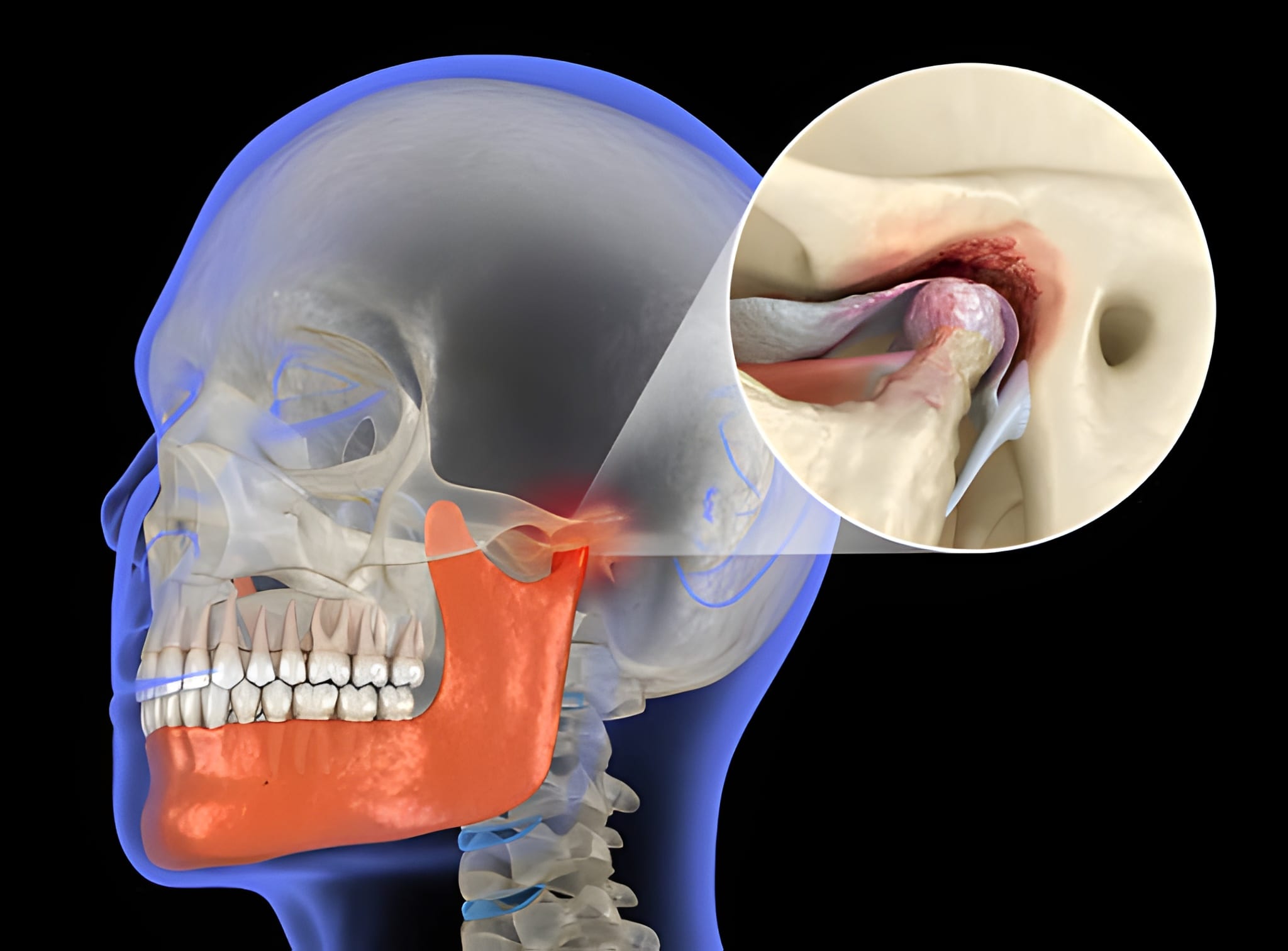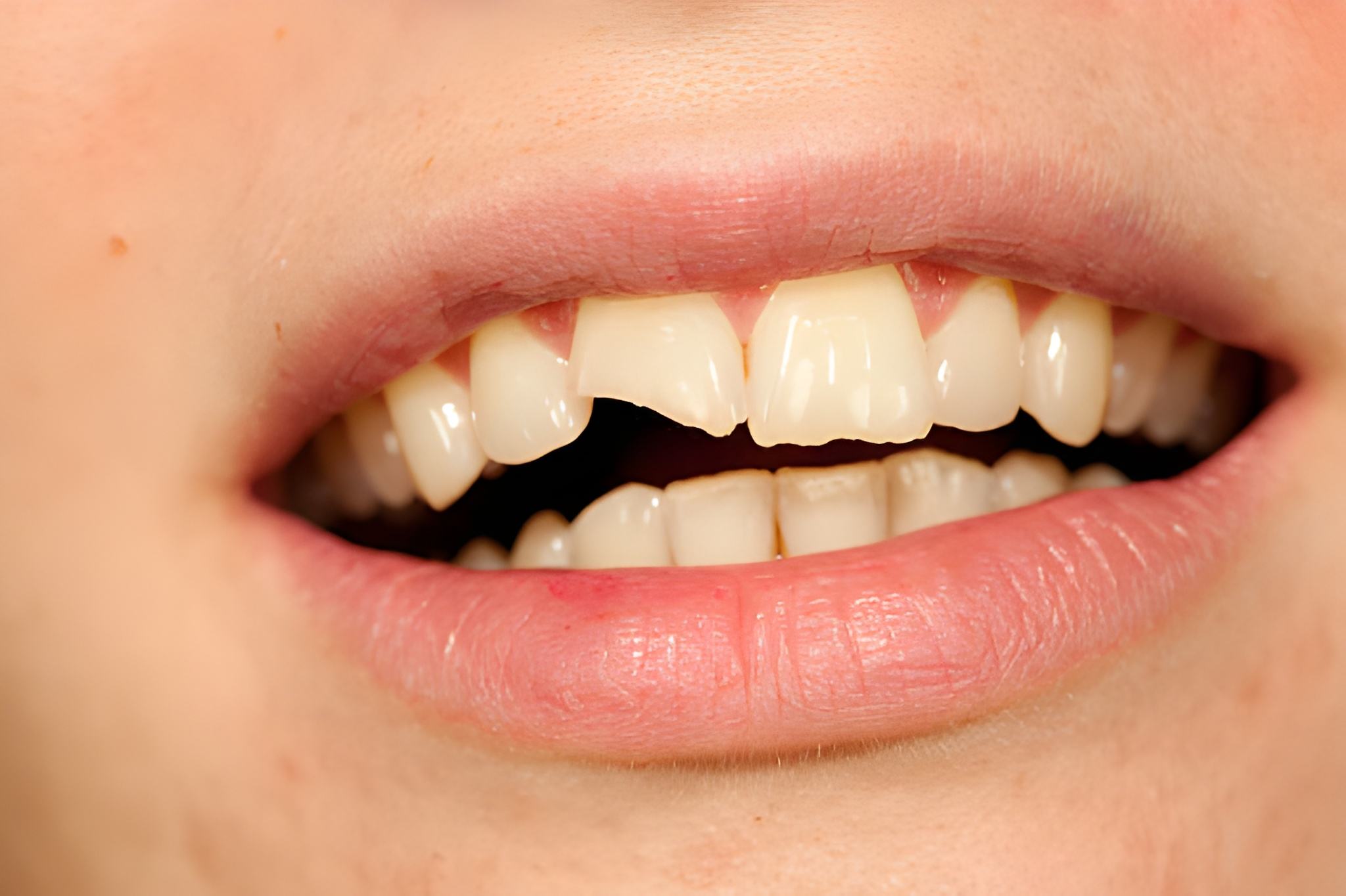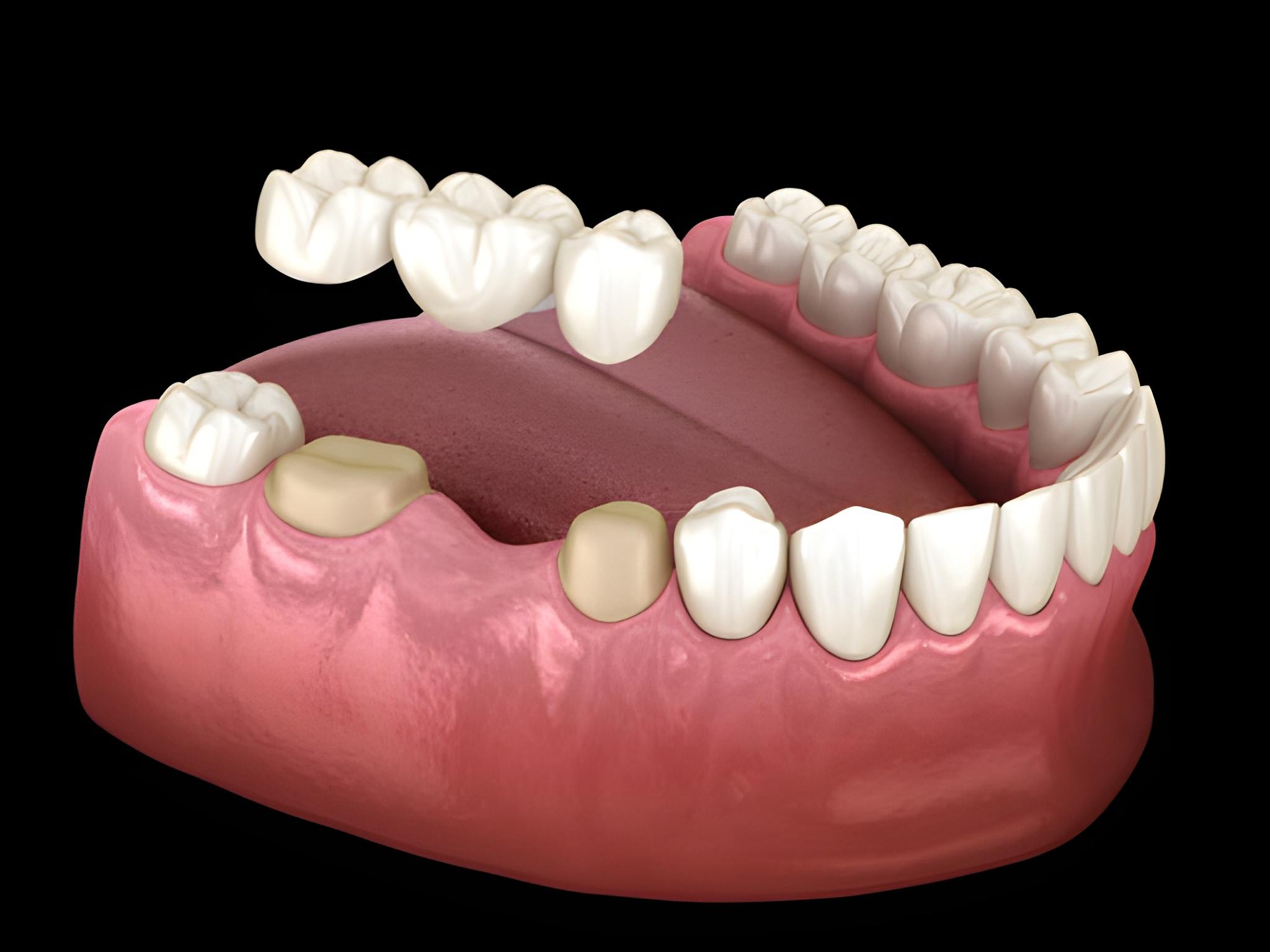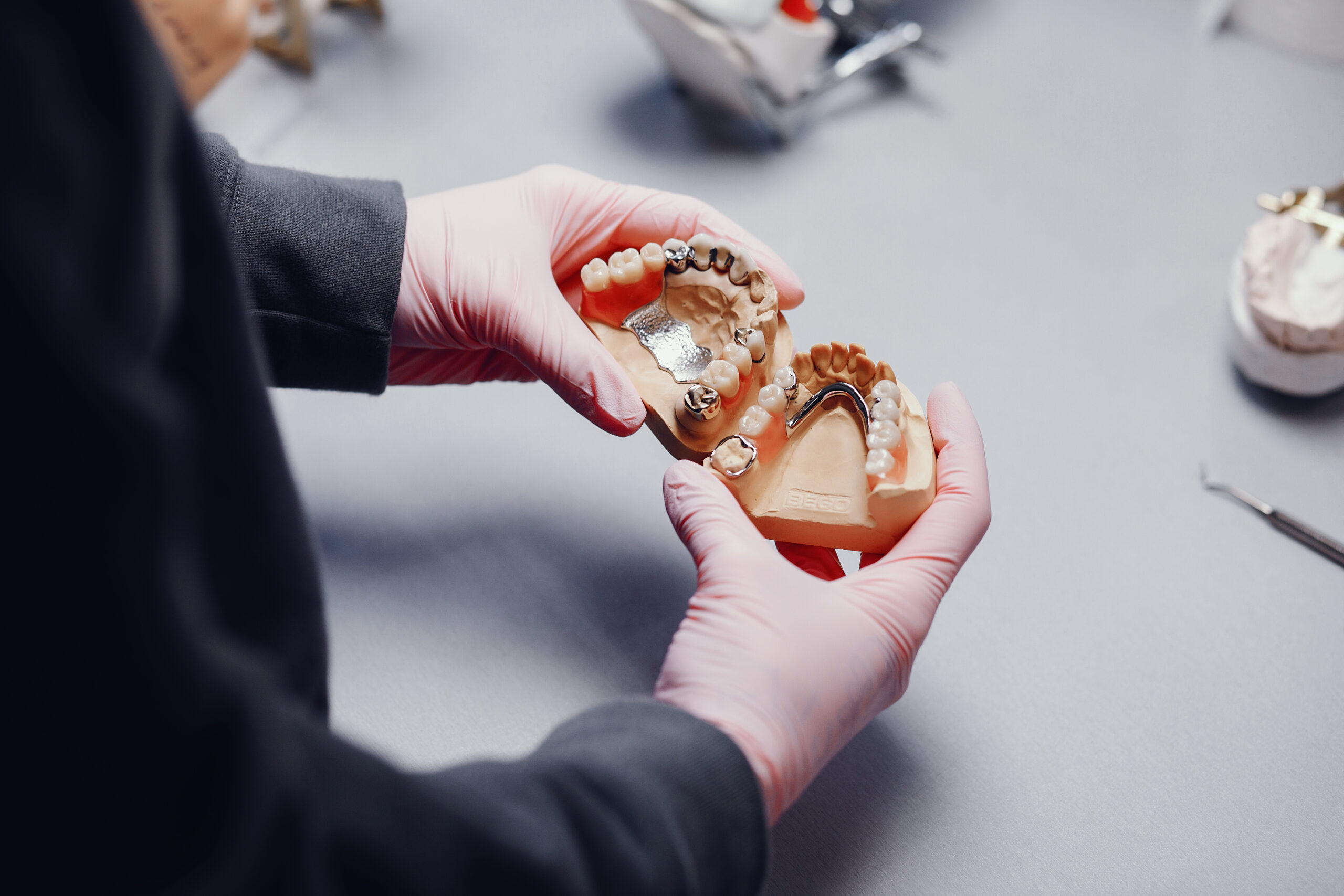Home TMJ and Sleep Disruption: Strategies for Better Rest in Grants, NM

Temporomandibular Joint disorder, also referred to as TMJ, can be really difficult to manage at times. It makes simple daily activities, such as chewing, sleeping, and talking, feel uncomfortable.
Studies show that around 70% of people with TMJ disorders experience poor sleep quality due to pain and muscle tension. This condition occurs in the joint connected to your skull and jaw, often leading to various discomforts such as stiffness, clicking sounds, and headaches.
This is the reason why treating TMJ-related sleep problems is very crucial and will not only help to ease the pain you are suffering from but also improve your overall health, mood, and energy levels. In this article, we will cover:
Continue reading to learn more about TMJ and sleep disruption in the following sections.
TMJ disorder is known to affect the temporomandibular joint (TMJ), which connects your jawbone to your skull. This joint functions like a hinge, allowing the jaw to open, close, and move from side to side. When the TMJ joint does not function properly, it can cause significant discomfort. It may also limit your jaw movement.
Several factors can contribute to TMJ problems, including:
People with TMJ disorder often notice:
If you experience any of these symptoms or persistent jaw pain or discomfort, visiting a TMJ dentist in Grants, NM, may be the right choice. This will help to diagnose and manage the condition effectively.
It gets really hard to get a good sleep at night because of the temporomandibular joint pain. Suffering from even a mild pain and discomfort can deprive you of falling asleep, while more severe pain may even lead to waking up multiple times during the night. In fact, tight jaw muscles and tension add to the restlessness.
Many people suffering from TMJ also experience bruxism, or even involuntary teeth grinding. They do not realise that they are actually grinding their teeth. This leads to staining of the jaw joint and also disrupts sleep. The sound produced during teeth grinding can be loud enough to wake your partner up and cause micro-awakenings that you might not even notice.
Your body struggles to relax amidst the ongoing pain and inflammation in your jaw. This often leads to frequent awakenings or light, restless sleep, leaving you tired and drowsy even after a full night’s sleep.
TMJ tension can get worse with stress and anxiety. This creates a continuous cycle of jaw clenching and insomnia. When your mind is alert and tensed, your body holds stress in the jaw muscles, which makes it even harder to sleep soundly.
If you are persistently struggling with a bad sleep schedule and jaw discomfort, your TMJ or temporomandibular joint could be the reason behind it all. Watch out for these symptoms mentioned below:
Morning Symptoms:
Jaw Movement Issues:
Dental Concerns:
Daytime Effects:
Are you noticing any one of the above-mentioned symptoms? If yes, then consulting a dentist in Grants, NM, will be the best idea.
Getting a sound sleep when suffering from TMJ disorder can be really tough. But the good news is that there are some simple steps that you can take to ease your discomfort and protect your jaw while you rest. Here is how:
A custom night guard is a dental appliance specifically designed to protect your teeth and reduce jaw strain while you sleep, tailored to your individual needs. Sleeping with these on will no longer cause grinding and clenching; it will also help ease the tension in your jaw muscles, allowing you to wake up without soreness.
Spend a few minutes before bed to gently stretch and relax your jaw. Simple exercises, such as slowly opening and closing your mouth or moving your jaw side to side, can help release tension and make it easier to fall asleep.
Your jaw is very much affected by the position you sleep in. Try to sleep with your back lying flat in bed, using a supportive pillow to keep your head and neck aligned. If you turn to your side and sleep sideways, use a pillow that fills the space between your shoulder and your head, which will reduce the pressure on your jaw.
Stress often leads to teeth clenching and grinding. Techniques such as deep breathing, mindfulness, or gentle yoga practiced before bed can help calm your mind and relax your jaw muscles, making it easier to fall asleep and sleep comfortably.
Try incorporating the practice of applying a warm compress to your jaw for about 10 to 15 minutes every day before going to sleep. This will help to loosen tight muscles and reduce pain. It is a simple way to signal your body that it is time to unwind.
Eating tough foods late at night can strain your jaw. Stick to softer foods for dinner and avoid gum, nuts, or chewy snacks close to bedtime.
Try incorporating the practice of applying a warm compress to your jaw for 10-15 minutes every day before bedtime. It helps loosen tight muscles and reduce pain. It is a simple way to signal your body that it is time to unwind.
TMJ-focused dentists offer:





